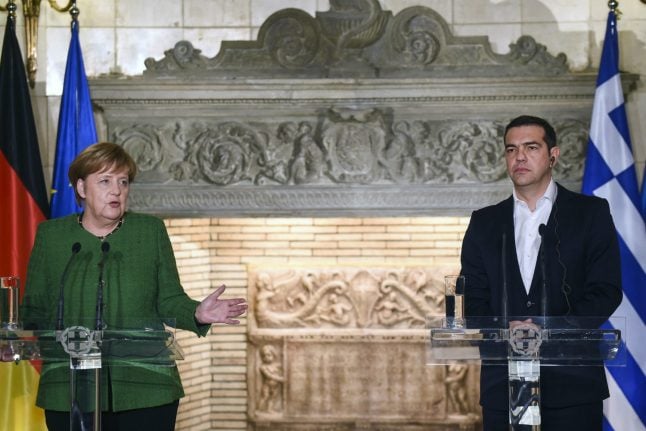“This intra-group transaction is the last step of a process developed since the beginning of 2009 to reinforce links between Credit Agricole S.A. and Emporiki Group’s subsidiaries,” Emporiki said after Thursday’s board decision.
The deal is subject to approval from the relevant central banks.
The Wall Street Journal on Wednesday reported that one of the scenarios that Credit Agricole was looking at was to pull out of Greece and Emporiki, or the possibility of merging with other banks in case of a eurozone exit.
Contacted by AFP, Credit Agricole declined to comment on the report.
Emporiki has been a source of heavy losses for Credit Agricole ever since the French bank bought the Greek lender in 2006. In June, Moody’s ratings agency downgraded Emporiki by two notches to just one step from default status.
Another French bank, Societe Generale, owns Greek lender Geniki which was also downgraded by two notches due to the heightened risks.



 Please whitelist us to continue reading.
Please whitelist us to continue reading.
Member comments